It is a glorious spring evening in Lviv and what could be better than a ballet gala at one of Europe’s grandest opera houses? The performance starts with an unusual announcement. In the event of an air raid siren, all spectators must go to the bomb shelter. The red-velvet seats are less than a third full – not for fear of going to a ballet in a war in which Russians have bombed a theatre, but because they can sell only 300 tickets since that is the bunker’s capacity.
Already a subscriber? Log in
Subscribe for just $2 a week
Try a month of The Spectator Australia absolutely free and without commitment. Not only that but – if you choose to continue – you’ll pay just $2 a week for your first year.
- Unlimited access to spectator.com.au and app
- The weekly edition on the Spectator Australia app
- Spectator podcasts and newsletters
- Full access to spectator.co.uk
Unlock this article
Christina Lamb is the Sunday Times’s chief foreign correspondent. Her new book, The Prince Rupert Hotel for the Homeless, is out next month.
You might disagree with half of it, but you’ll enjoy reading all of it. Try your first month for free, then just $2 a week for the remainder of your first year.

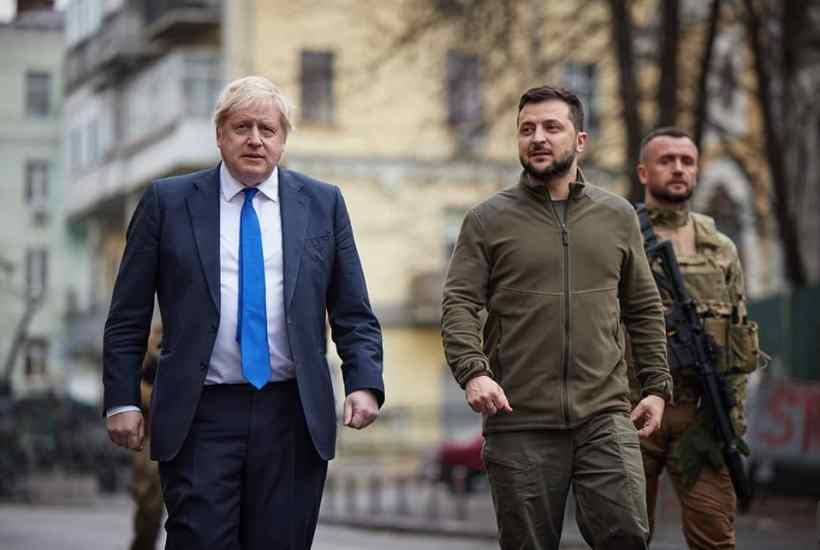
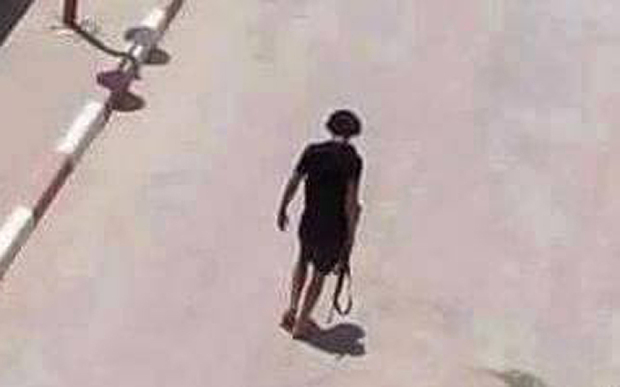
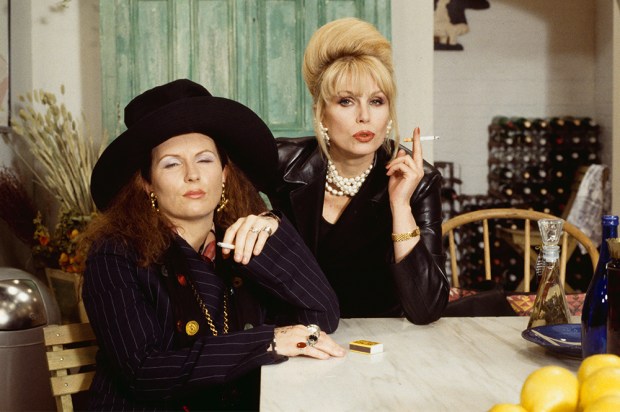

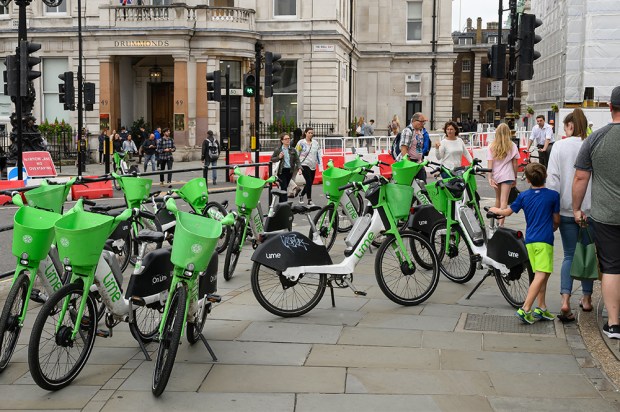

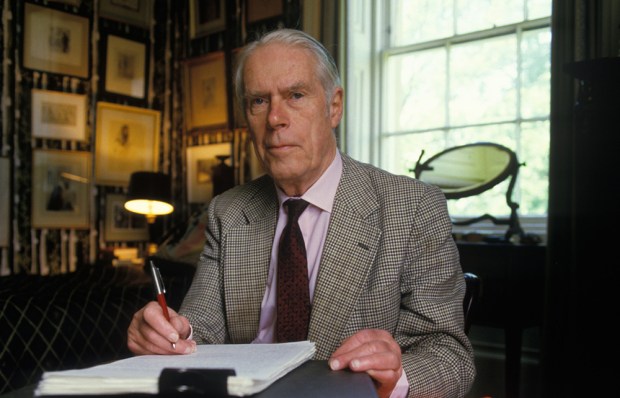






Comments
Don't miss out
Join the conversation with other Spectator Australia readers. Subscribe to leave a comment.
SUBSCRIBEAlready a subscriber? Log in